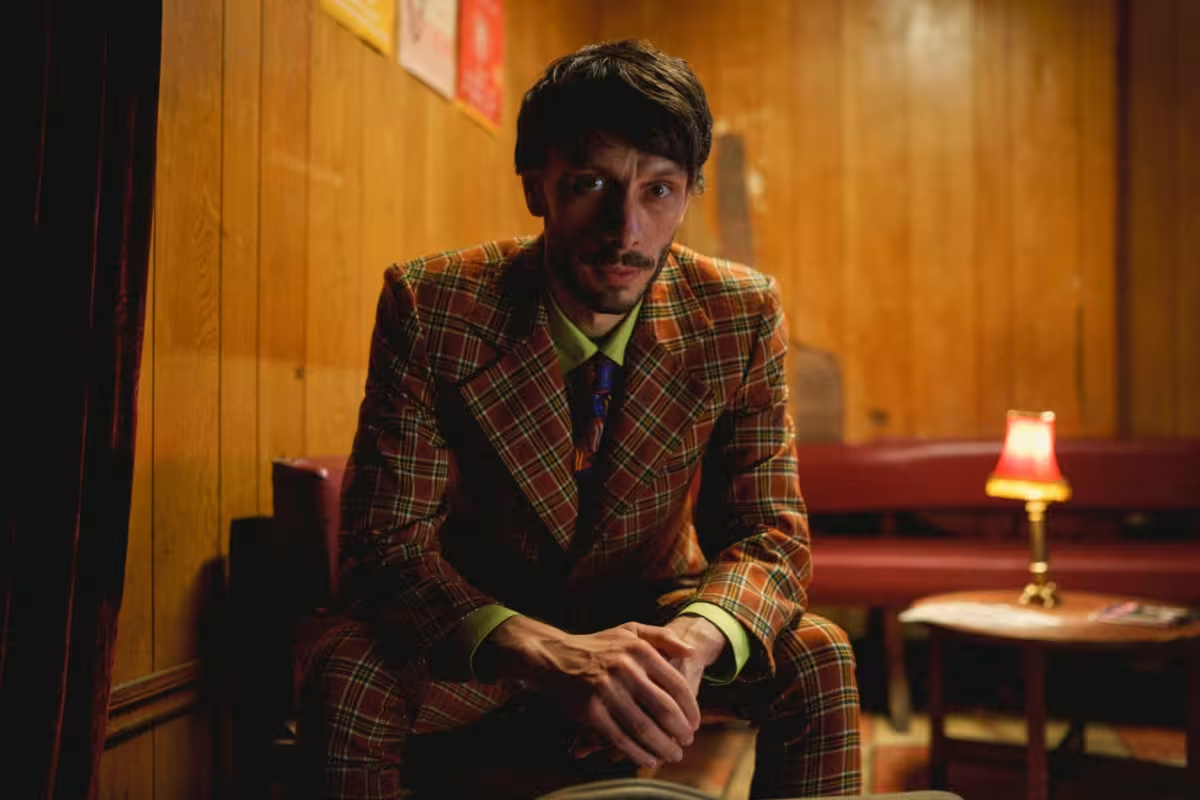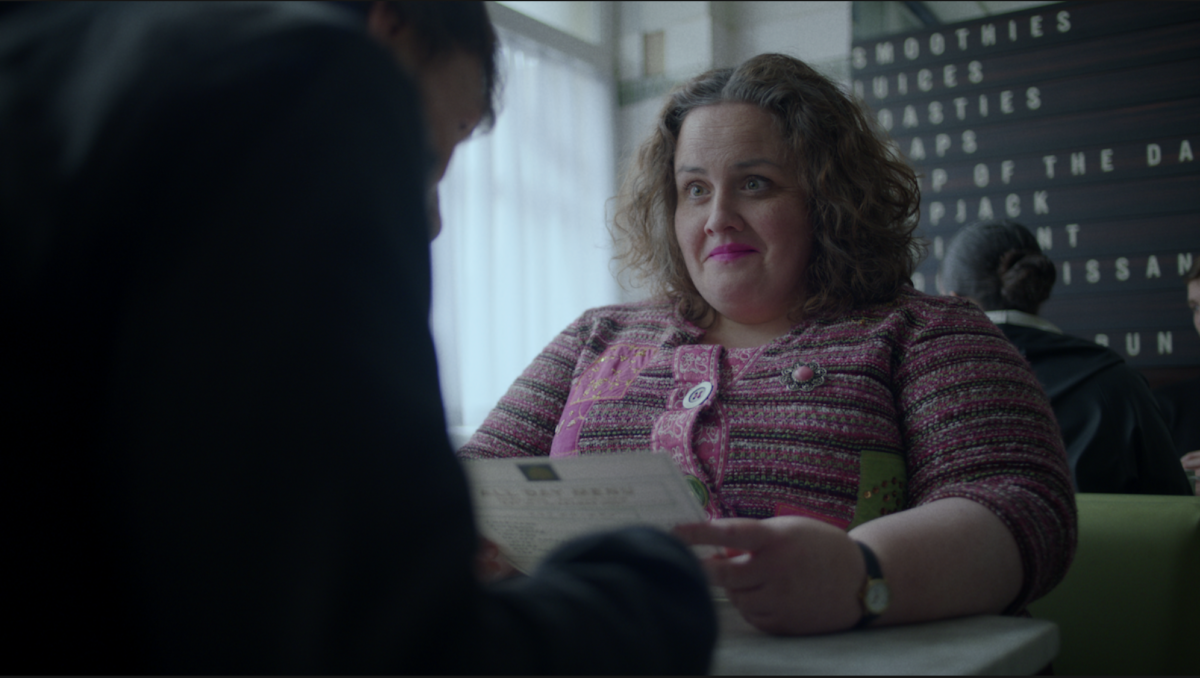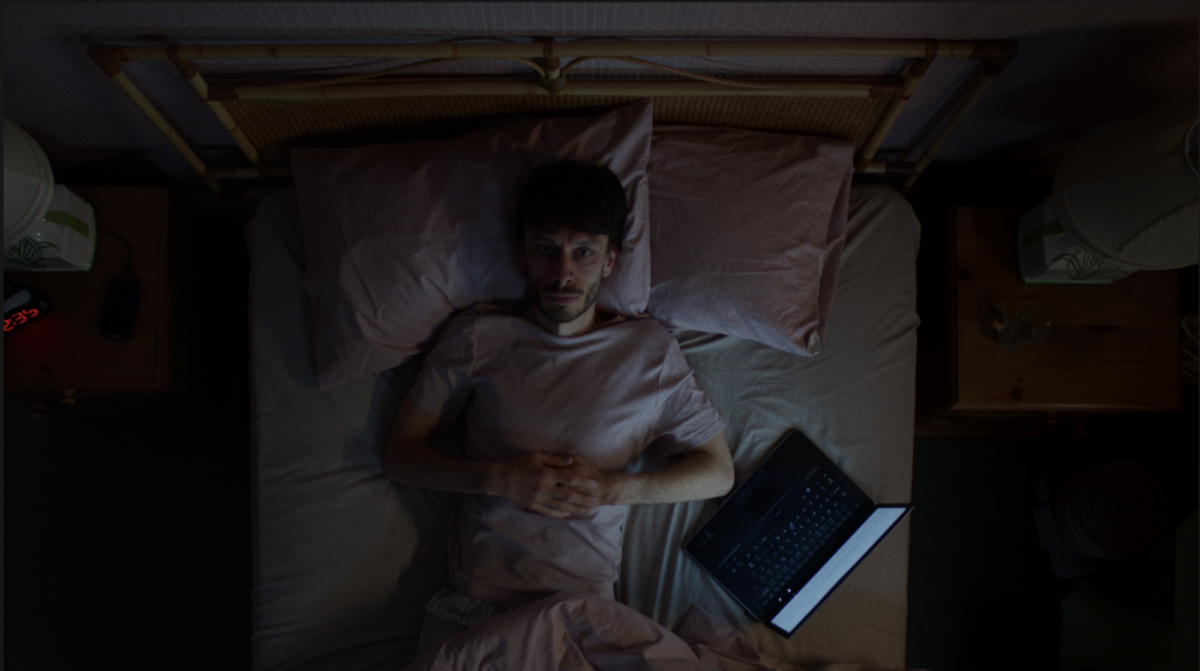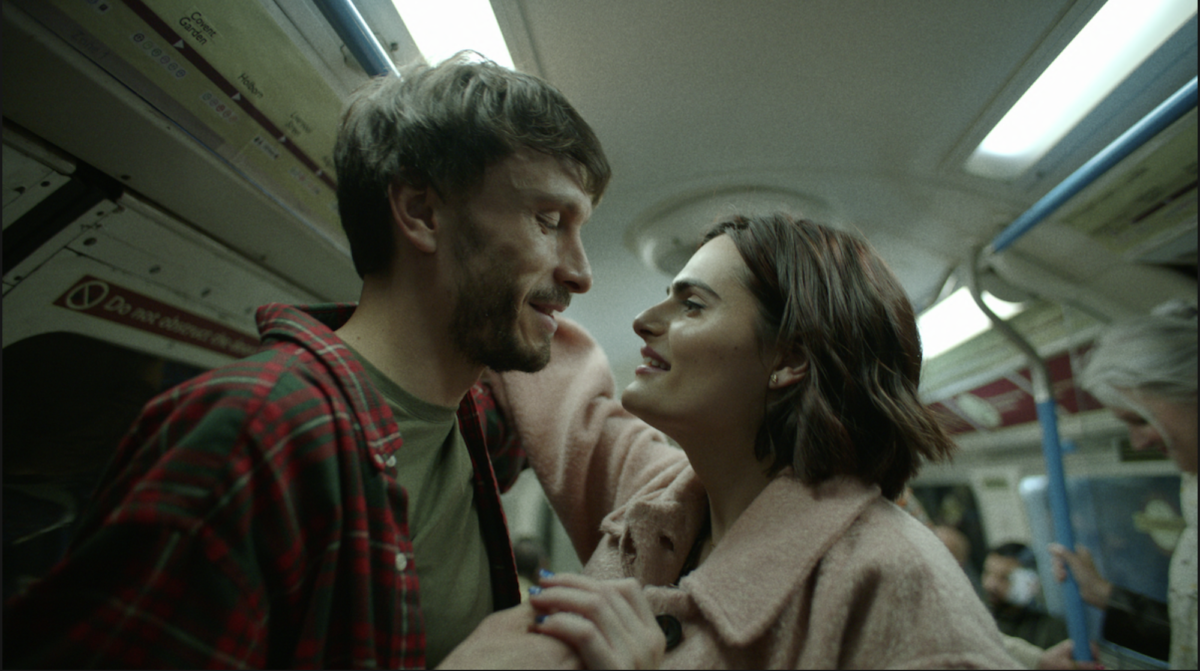Baby Reindeer is a show for anyone who has worked or wants to work in entertainment.
It is a show that will be relatable for anyone who has found themselves duped and taken advantage of by a mentor. The show will also be relatable if you’ve had a stalker.
For me, someone who’s had the trifecta, watching Baby Reindeer felt like I was looking in the mirror.
I found it so deeply relatable that it forced me to self-reflect.
I have written about my personal stalker experience; some of my close friends know about it and have unfortunately also been targeted, much to my dismay.
It was therapeutic to write, but I don’t plan to make it public to protect those involved.
Richard Gadd, the creator, writer, and star of Baby Reindeer, is on a different level with his ability to share a story that is so personal and harrowing.
The show is having a moment right now, but I believe it will have a much deeper cultural impact.
If you haven’t seen it yet, you probably have no idea what I’m talking about. Here’s a bit about Baby Reindeer, now streaming on Netflix.
The Genesis of Baby Reindeer

Baby Reindeer began as a stage play and was first performed at the Edinburgh Festival Fringe in 2019. Richard Gadd, an award-winning comedian and writer, adapted his personal experiences with a stalker into an intense one-man show. The play garnered critical acclaim and won the Olivier Award for Outstanding Achievement in an Affiliate Theatre. The transition from stage to Netflix brought Gadd’s story to a wider audience, and it is one of their most watched shows of the year.
The Plot: A Journey into Obsession

At its core, Baby Reindeer is a deeply personal recounting of Gadd’s real-life encounter with a stalker. The story unfolds as Gadd, a comedian and bartender, finds his life upended by a seemingly innocuous act of kindness. He offers to help a stranger, Martha, leading to an escalating cycle of harassment and obsession that spans several years.
The narrative is structured to reflect the psychological torment Gadd endures, blurring the lines between reality and paranoia. The show masterfully captures the insidious nature of stalking, highlighting how an act of goodwill can spiral into a nightmare of constant fear and intrusion.
One of the most compelling aspects of Baby Reindeer is its raw portrayal of mental distress. Gadd’s performance is visceral, conveying the intense anxiety and helplessness that accompanies being stalked. His storytelling is intimate, drawing viewers into the depths of his experience. Sometimes, it is incredibly difficult to watch, especially if you’ve had similarly traumatic experiences.
The show’s direction and cinematography enhance this sense of unease. Close-ups and claustrophobic framing create a sense of suffocation, mirroring Gadd’s entrapment. Flashbacks and disjointed timelines immerse the audience in the chaotic, disorienting reality of living under constant threat.
Breaking Traditional Boundaries
By blurring the lines between reality and fiction, Baby Reindeer challenges traditional boundaries in television. The show’s narrative structure mixes past and present, dreams and reality, and disrupts conventional storytelling methods. This non-linear approach keeps viewers on edge, reflecting the chaotic nature of Gadd’s ordeal and redefining how ‘true’ stories can be told on screen.
Shining a Light on Stalking

Baby Reindeer has had a significant cultural impact, particularly in raising awareness about the realities of stalking. Stalking is often misunderstood or trivialized, but Gadd brings its devastating effects to the forefront. The show challenges viewers to consider the psychological toll of such behavior and the systemic issues that often prevent victims from receiving adequate protection and support.
Beyond its focus on stalking, Baby Reindeer contributes to broader conversations about mental health. Gadd’s transparency about his struggles opens up a dialogue about the stigmatization of mental illness, particularly in the context of trauma.
The Blurred Lines of Victimhood

Baby Reindeer complicates traditional narratives of victimhood. While Gadd is undoubtedly a victim of stalking, the show does not shy away from exploring his flaws and the complexities of his interactions with Martha. This nuanced portrayal challenges the binary of good versus evil, prompting viewers to reflect on the multifaceted nature of human behavior and relationships.
Gadd’s willingness to confront his own vulnerabilities and mistakes adds depth to the narrative, making it more relatable and compelling. It reminds us that victimhood and perpetration can coexist in complex ways, and understanding this interplay is crucial for addressing issues like stalking and harassment.
Sexuality and Trauma

A pivotal aspect of this exploration is Gadd’s relationship with a trans character, Teri, played by the talented Nava Mau. This relationship challenges his preconceived notions about sexuality and gender, opening him up to a broader understanding of attraction. Gadd is clearly attracted to Teri, but he is ashamed of these feelings, causing confusion and chaos in their relationship. He internalizes the prejudices, complicating his ability to embrace himself for who he is, something he needs to make the relationship flourish. This dynamic adds depth to his character and highlights the often painful process of unlearning ingrained biases.
Baby Reindeer addresses the emotional and psychological dimensions of sexual relationships. Gadd’s interactions are not merely about physical attraction but also about the deep connections and vulnerabilities that accompany sexual exploration. The show delves into how power dynamics, personal histories, and emotional needs influence sexual behavior, showcasing the importance of consent and mutual respect. By weaving these elements into the narrative, Baby Reindeer provides a nuanced and empathetic portrayal of the complexities of human sexuality, encouraging viewers to reflect on their own experiences and understandings.
Audience Reaction: A Spectrum of Responses
The audience’s reaction to Baby Reindeer has been varied and intense. Many viewers have praised the show for its honesty and powerful storytelling. Gadd’s willingness to expose his vulnerabilities and share his traumatic experiences resonated deeply, fostering a sense of empathy and solidarity.
However, the show has also sparked controversy, particularly regarding its depiction of Martha. As the show gained popularity, some audience members and critics questioned the ethics of portraying her so vividly, considering the potential consequences for her privacy and mental health. The show’s intense focus on Gadd’s perspective has led to debates about the balance between storytelling and responsibility.
Finding Martha

The controversy intensified when it was revealed that Fiona Harvey (Martha), Gadd’s real-life stalker, was identified and faced significant public backlash.
She even went on the Pierce Morgan show to defend herself. After seeing the interview, it’s incredible how well actress Jessica Gunning did portraying her.
This revelation highlighted the ethical dilemmas inherent in adapting real-life events for entertainment. Critics argued that the show’s detailed depiction of her contributed to her vilification, potentially exacerbating her psychological struggles.
Gadd has addressed these concerns, emphasizing the importance of telling his story authentically while acknowledging the complexities involved. The backlash underscores the delicate balance between personal narrative and public accountability, highlighting creators’ challenges when translating personal trauma into public art.
Conclusion
Baby Reindeer is more than just a show; it is a cultural touchstone that deeply resonates with me. Its portrayal of stalking and mental distress sheds light on issues often relegated to the shadows. Through Richard Gadd’s courageous storytelling, the show fosters empathy, challenges perceptions, and inspires critical conversations about victimhood, mental health, and the human condition.
In a world where the lines between reality and performance are increasingly blurred, “Baby Reindeer” stands out as a powerful reminder of personal stories’ impact on our collective consciousness. As we grapple with the complexities of human behavior and the systemic issues surrounding mental health and safety, shows like Baby Reindeer play a vital role in shaping our understanding and responses.
By bringing these complex topics to the forefront, Baby Reindeer entertains, educates, and empowers. It is a poignant example of how television serves as a mirror to society, reflecting our darkest fears and highest hopes and, ultimately, helping us navigate the intricate landscape of human experience.
Author’s Note
I wrote part of this article by myself and the other with the help of a personally customized ChatGPT bot. I did this because I’m training myself on how to use artificial intelligence tools to make my content creation development faster.
If you want to learn more about another modern chaotic masterpiece, check out my review of Alex Garland’s Civil War.
All the best,
Ariel


